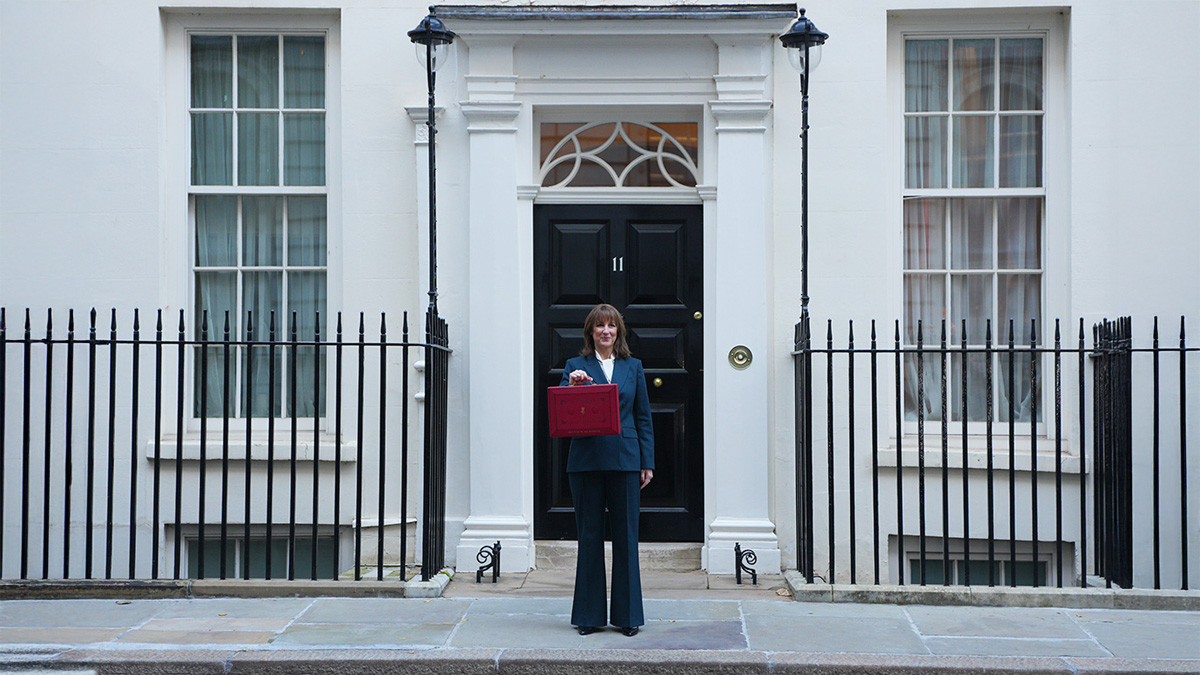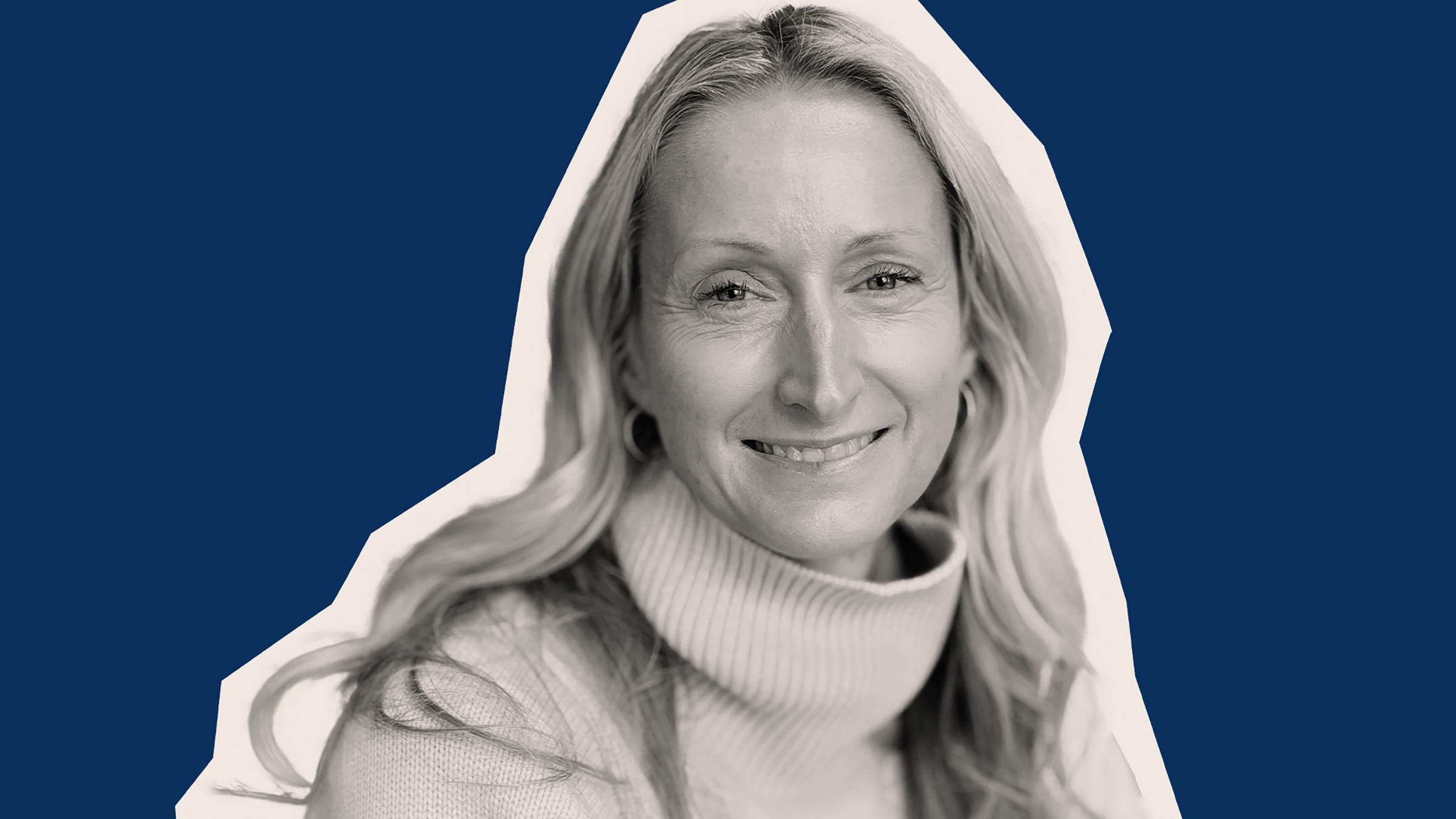In this instalment of our weekly video series, My Business Leader Secret, we talk to Julia Pyke, the joint managing director of the Sizewell C nuclear plant.
The site in Suffolk is in the early stages of construction. It currently has 1,000 employees and is expected to generate 70,000 jobs over the course of the project, which is due for completion in the mid-2030s.
It is also expected to deliver £100bn worth of benefits to the UK economy, while providing another key source of energy for the country.

The business secret that Pyke wants to share is that it is important to create a diverse workforce and you can do this without using formal quotas. Pyke believes that a modern workforce should reflect the society it serves.
"If you're going to do something which is quite significant for society and in the very long term," says Pyke, "then you want a workforce which has the right mix of ages.
"So you need young people for succession and you ideally need a balance of men and women that is roughly similar to the balance in society. And you preferably need an ethnic mix which is roughly similar to the balance in society."
The world of engineering and the nuclear power industry in particular have traditionally been dominated by white men.
"We love white men," says Pyke, "but we've now managed to add to the white men quite a few women. We have a 65 per cent female executive [team] and 43 per cent of our workforce [in total] is female.
The Sizewell C project will hire 1,500 apprentices, with the first 100 already recruited. So far, a 50-50 gender mix has been achieved among the apprentices.
"We've done all of this without quotas," says Pyke.
Instead, Pyke's team has sought to make the job descriptions more attractive to under-represented groups, removing unnecessary barriers.
Her team are offering benefits like childcare and even pet daycare to the thousands of recruits they need, many of whom will live on site in specially constructed accommodation.
"We're intending to make work somewhere which is inclusive," says Pyke, "and where people want to come to work and they want to do their best job."
Related and recommended

The prime minister and chancellor may be safe for now but Cabinet ministers believe it’s a case of when, not if, they fall

After creating her own hair oil blends as a student, Lucie Macloud grew Hair Syrup into a multi-million pound business that she’s now expanding into Europe and the US

Thea Green, one of the UK’s most successful entrepreneurs in the beauty and self-care space, shares her advice

Nick Grey's story is a tale of grit, design obsession and the strategic choices behind sustainable success

